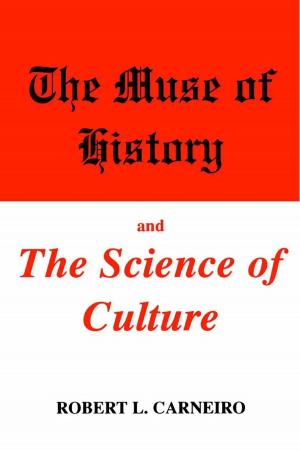The Effects of Constant Light on Visual Processes
Kids, Natural World, Nonfiction, Reference & Language, Education & Teaching, Science & Nature, Science| Author: | ISBN: | 9781468472578 | |
| Publisher: | Springer US | Publication: | December 6, 2012 |
| Imprint: | Springer | Language: | English |
| Author: | |
| ISBN: | 9781468472578 |
| Publisher: | Springer US |
| Publication: | December 6, 2012 |
| Imprint: | Springer |
| Language: | English |
" ... And the evening and the morning were the third day ... And God made two great lights; the greater light to rule the day and the lesser light to rule the night ... And the evening and the morning were the fourth day." The First Book of Moses, called Genesis (1: 13,16,19). There was daytime and nighttime before there was a sun or a moon. An interesting thought: How long were each of those first three days? Without a sun to reckon its length, a day could have been longer or shorter than 24 hours. Animals, says Genesis, appeared on the fifth day and by that time the sun and moon were illuminating the earth, presumably in cyclic fashion and with a period of 24 hours. A good thing, too, as readers of this monograph will as certain. The papers collected into this volume are written versions of 45 minute talks given at a symposium on "The Effects of Constant Light on Visual Processes", held at The Florida State University in Tallahassee on April 25-27, 1979. The conference was supported by the Psychobiology Program and handled, logistically, by the Center for Professional Development and Public Services. It was recognized that limitations on time and funds made prohibitive the invitation of others who may be doing interesting and related work. But, our earnest hope is that what is compiled here is a good blend of "true" light-damage and "relevant related" work.
" ... And the evening and the morning were the third day ... And God made two great lights; the greater light to rule the day and the lesser light to rule the night ... And the evening and the morning were the fourth day." The First Book of Moses, called Genesis (1: 13,16,19). There was daytime and nighttime before there was a sun or a moon. An interesting thought: How long were each of those first three days? Without a sun to reckon its length, a day could have been longer or shorter than 24 hours. Animals, says Genesis, appeared on the fifth day and by that time the sun and moon were illuminating the earth, presumably in cyclic fashion and with a period of 24 hours. A good thing, too, as readers of this monograph will as certain. The papers collected into this volume are written versions of 45 minute talks given at a symposium on "The Effects of Constant Light on Visual Processes", held at The Florida State University in Tallahassee on April 25-27, 1979. The conference was supported by the Psychobiology Program and handled, logistically, by the Center for Professional Development and Public Services. It was recognized that limitations on time and funds made prohibitive the invitation of others who may be doing interesting and related work. But, our earnest hope is that what is compiled here is a good blend of "true" light-damage and "relevant related" work.















